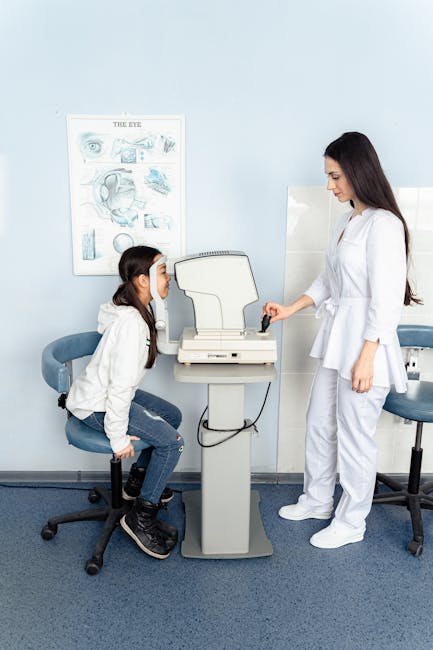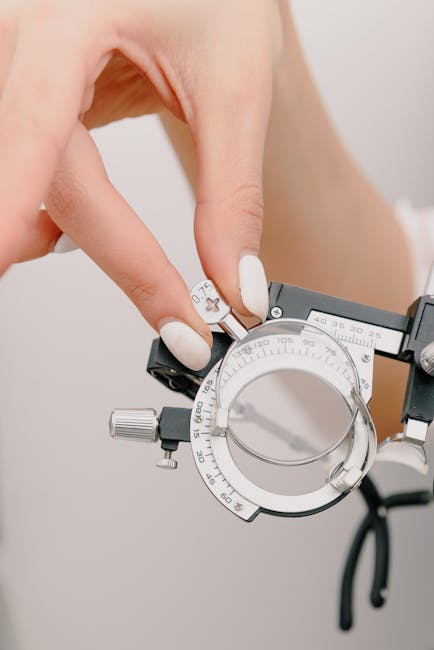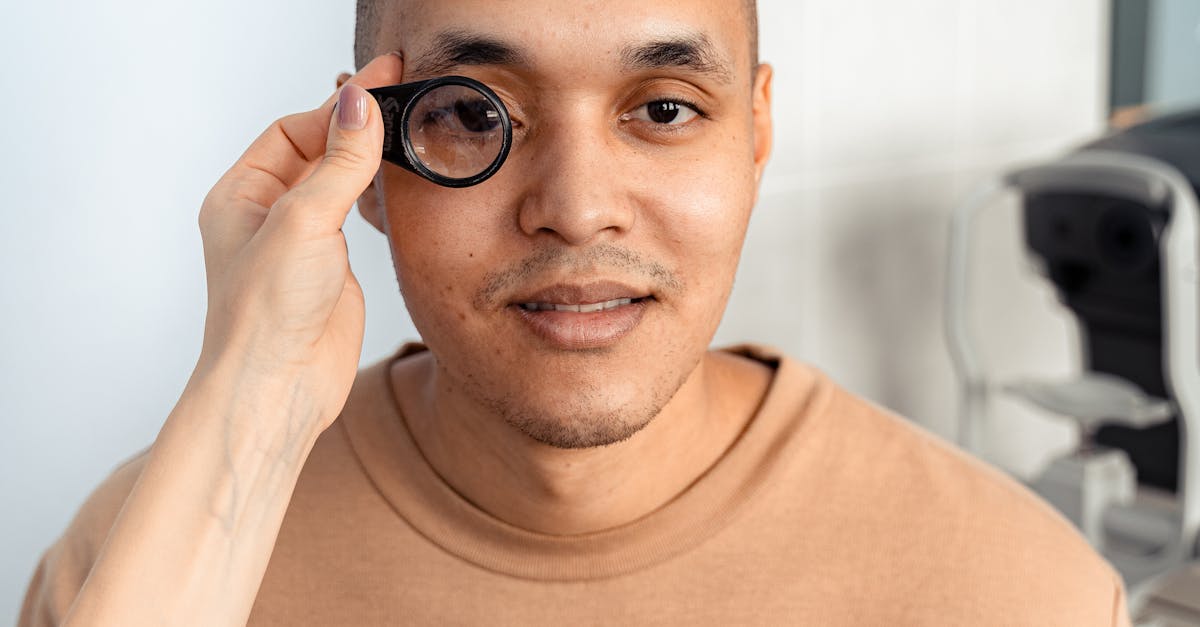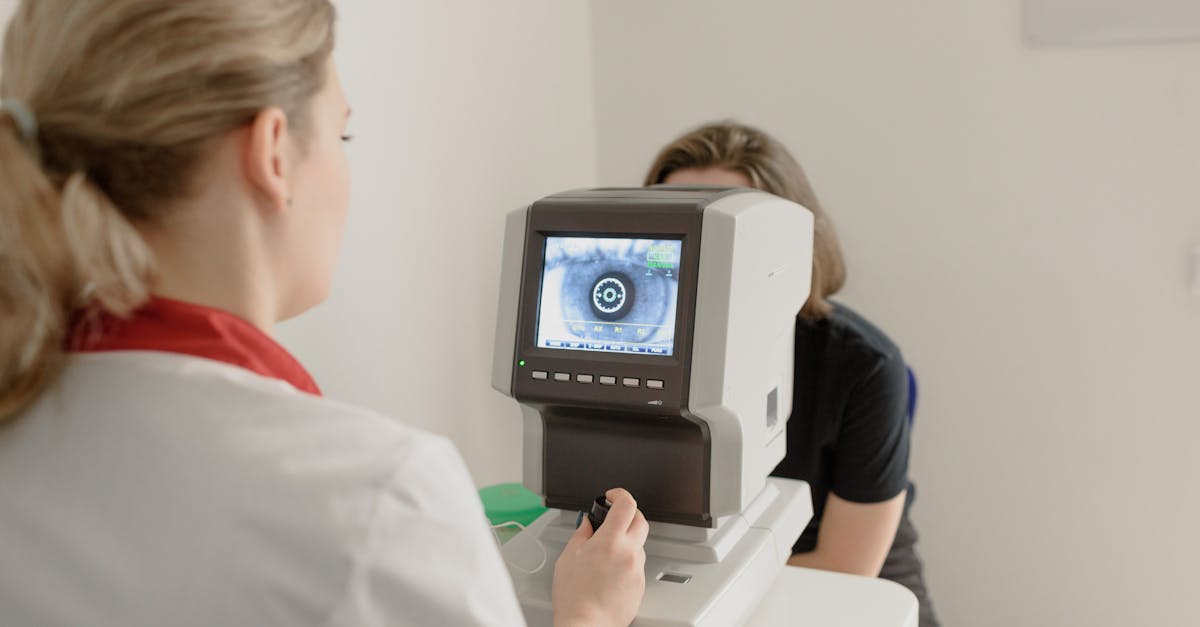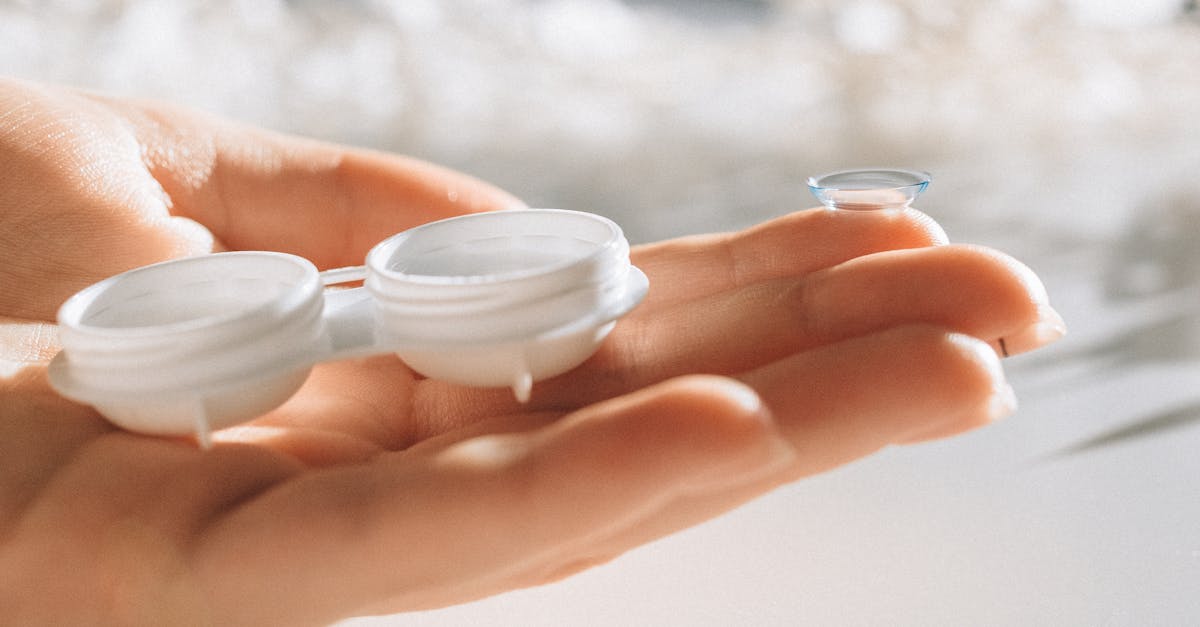Your eye exam isn’t just a check-up—it’s your opportunity to be proactive about your vision and overall eye health. At iDoctor in Glendale Heights, we believe a truly valuable eye exam is a two-way conversation. That’s why we encourage our patients to ask great questions and get involved in the process. Whether you’re a seasoned glasses-wearer, a trend-savvy frame hunter, or just taking your first comprehensive exam in years, knowing what to ask will ensure you walk out feeling empowered and informed.
1. What Tests Will Be Part of My Eye Exam—and Why?
Every practice has their protocol, but at iDoctor, we design our exams to meet your individual needs using state-of-the-art technology and personal attention. Asking about each test not only demystifies the process but helps you track your own eye health over time. Your comprehensive exam may include:
- Visual Acuity Testing: The classic chart checks your sharpness of vision, but we often go further for a highly detailed reading.
- Digital Refraction: Delivers precise measurements for your best prescription.
- Advanced Retinal Imaging (Optomap): We use ultra-widefield imaging to examine the health of your retina, optic nerve, and blood vessels—usually without dilation.
- Eye Pressure Measurement (iCare Tonometer): This gentle, non-invasive method screens for glaucoma without the uncomfortable “puff” test.
- Contact Lens Evaluation: If you wear or want contacts, we use digital topography and trial lenses for a perfect custom fit.
We’re always happy to explain what each test means for your vision and how it fits into your unique risk profile.
2. Are There Personal Risk Factors I Should Know About?
Everyone’s eyes are different—and their risk factors are too. Share your family history, lifestyle, occupation, and health status with us. Here are examples of what you might ask, and what it could mean:
- Family History: Have relatives with glaucoma, macular degeneration, or diabetes? Let us know—hereditary conditions often require more frequent or in-depth screenings.
- Lifestyle Factors: Prolonged digital screen use? Lots of sun exposure? History of eye injury? These can raise your risk for conditions like digital eye strain, early cataracts, or dry eye syndrome.
- Systemic Health: Diabetes and hypertension greatly impact ocular health, potentially triggering diabetic retinopathy or hypertensive retinopathy.
We’ll help you understand your personal risk landscape and create a customized action plan for prevention—whether that means regular imaging, nutritional recommendations, or suggesting protective eyewear.
3. How Can I Protect My Eyes Between Exams?
Proactive eye health goes far beyond what happens in our boutique office. We want you to take the best possible care every day. Don’t hesitate to ask for:
- Digital Eye Strain Relief: Discuss the 20-20-20 rule, blue light lens options, and tailored screen-time strategies—especially if you’re struggling with headaches or eye fatigue.
- UV Protection Sunglasses: Invest in high-quality lenses that offer certified 100% UVA/UVB protection. We can help you select from our designer collection—think Cartier, Ray-Ban, and more—for both fashion and function.
- Occupational & Sports Eyewear: If your hobbies or job expose you to risk, protective eyewear is non-negotiable. We carry performance options designed for safety without compromising personal style.
- Nutrition & Lifestyle Tips: Specific vitamins, hydration habits, and even sleep patterns contribute to lifelong vision—let’s chat about your routine.
When you ask about daily eye protection, you’re investing in your own long-term eye health and comfort.
4. What Symptoms Should I Watch for Between Appointments?
Many sight-threatening conditions develop subtly, so early detection is everything. Make sure to ask us:
- What symptoms warrant urgent care? Watch for:
- Sudden loss of vision, even briefly
- Flashes of light, persistent floaters, or a “curtain” across your vision
- Pain, redness, or severe dryness
- Changes in color vision
- Double vision or trouble seeing at night
- How should I handle eye injuries or emergencies? Don’t wait—call us immediately for guidance. We can accommodate urgent cases and advise on next steps.
We’ll help you distinguish between “normal” vision changes and red flags that require immediate attention, offering peace of mind in between visits.
5. What Does My Prescription Really Tell Me?
Your eyeglass or contact prescription isn’t just a number—it tells a story about your eyes:
- Sudden Shifts: Rapid changes in prescription can signal health changes, from cataracts to systemic health concerns. If we see this, we’ll discuss possible causes and additional tests.
- Astigmatism and Eye Shape: Pronounced or growing astigmatism sometimes indicates conditions like keratoconus. We’re happy to explain what your readings mean for long-term eye health and visual clarity.
- Differences Between Eyes: Significant asymmetry can occasionally indicate neurological or developmental issues.
- Prescription Lenses: We match your prescription with the best lens options for your lifestyle—ask about Varilux XR for progressive lenses, Eyezen for digital protection, and Crizal for anti-reflective coatings. We’re here to help you find a combination that’s perfect for both style and sharpness.
Let us unravel the story behind your prescription—understanding this is key to maximizing your comfort and vision quality.
Preparing for Your Exam: Insider Tips from iDoctor
- Bring your current glasses and/or contact lenses—even if you think they’re perfect.
- List all medications (including eye drops)—some may impact your ocular health.
- Share your vision wish-list: Want thinner lenses? Interested in a bold new designer look? Struggling with screen time? Let us know!
- Jot down changes: Difficulty seeing at night, headaches, or eye fatigue are all important clues.
When you arrive with questions and these details, your exam becomes a truly collaborative, tailored experience—one that highlights your needs and goals, not just your vision numbers.
The iDoctor Difference: Personalized, Boutique Eye Care in Glendale Heights
We built iDoctor to provide a different kind of eye care: one that feels equal parts scientific, stylish, and deeply human. Our advanced technology, designer eyewear collection, and unrushed appointments put your needs at the center. Whether you’re from Glendale Heights or a nearby suburb, we want you to feel supported every step of your vision journey.
If you’re ready to elevate your next eye exam, schedule your appointment today—and bring your questions! We love helping our patients see the world at its sharpest and most beautiful.




